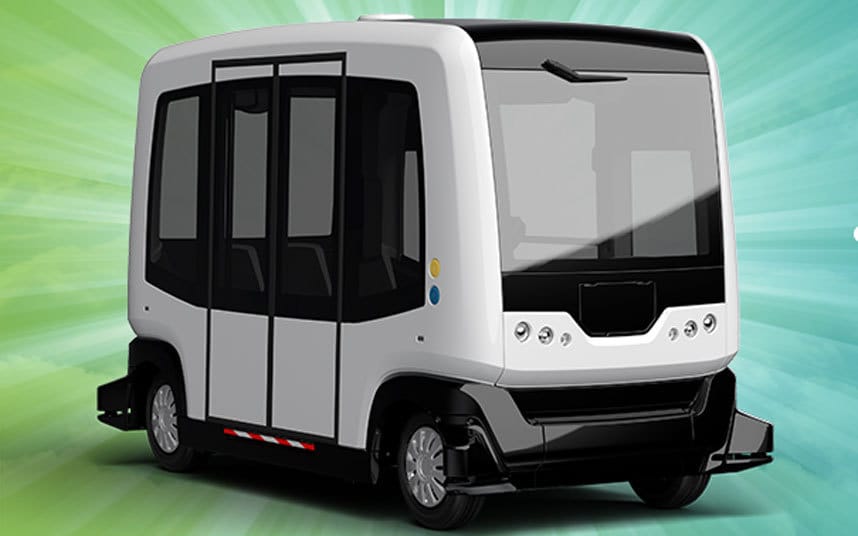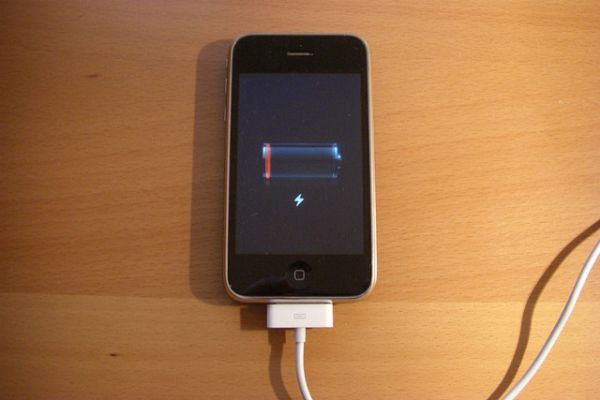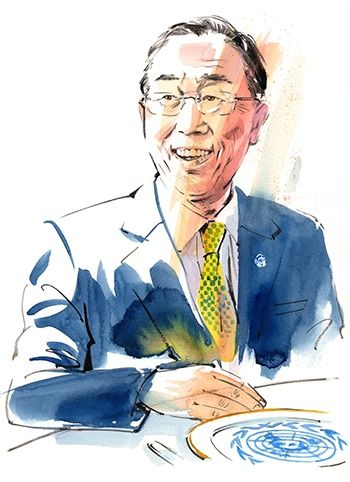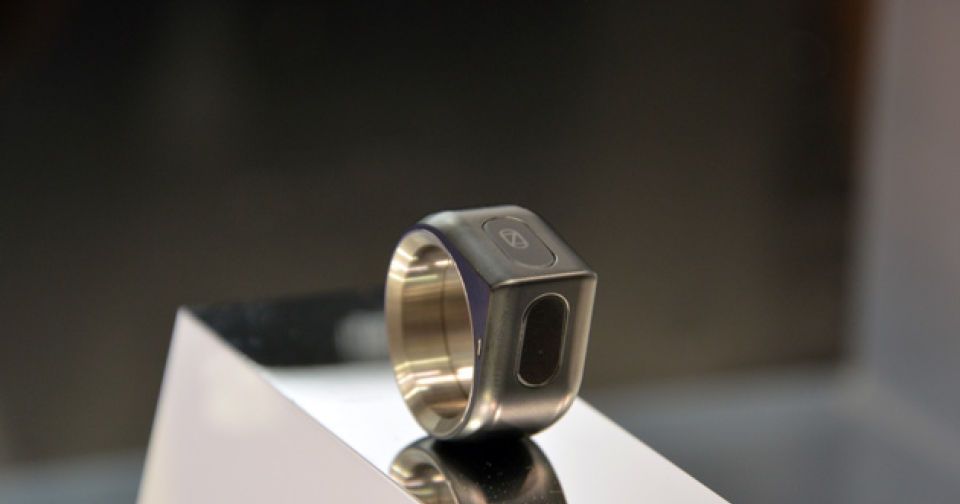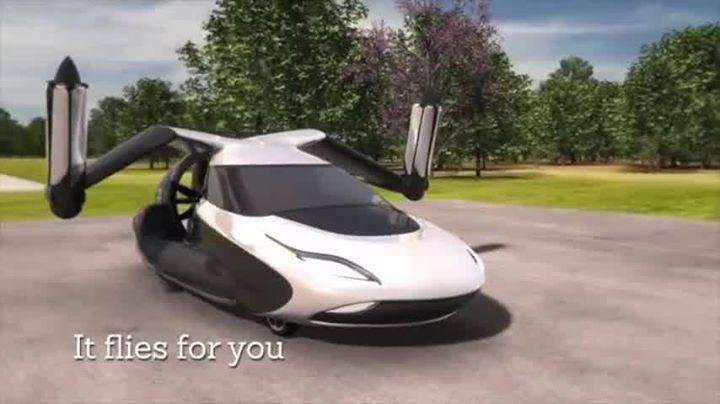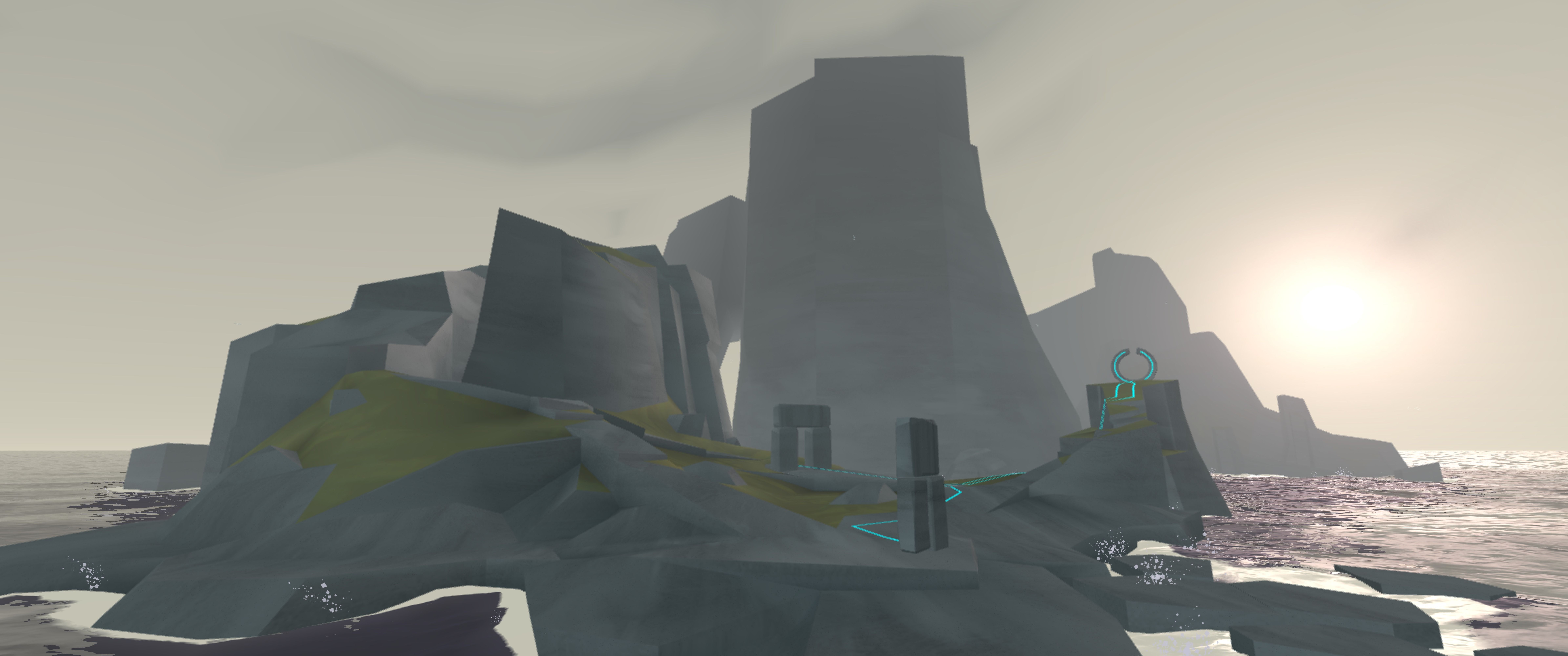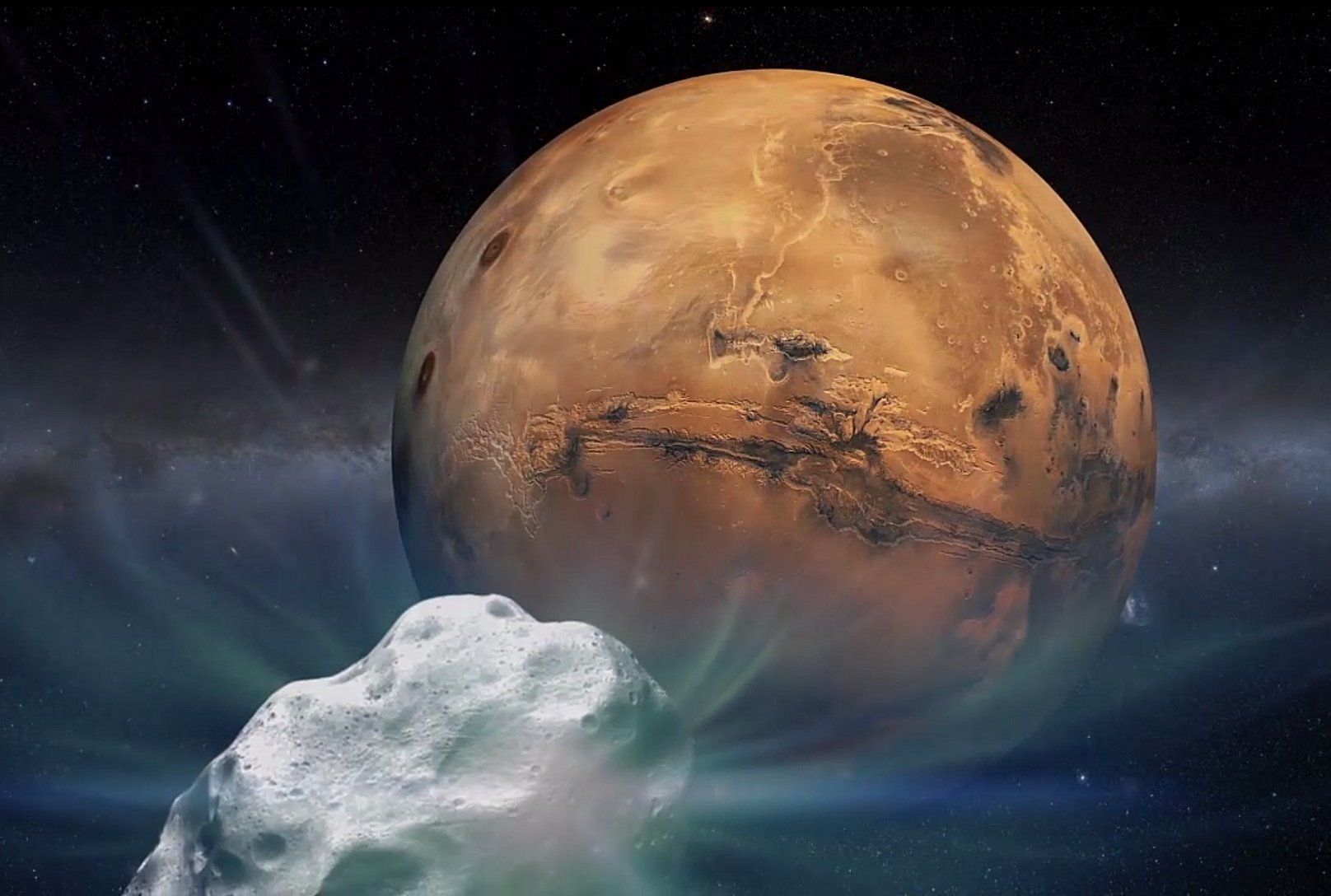For centuries, religious texts have explored the idea that reality breaks down once we get past our surface perceptions of it; and yet, it is through these ambiguities that we understand more about ourselves and our world. In the Old Testament, the embattled Job pleads with God for an explanation as to why he has endured so much suffering. God then quizzically replies, “Where were you when I laid the foundations of the earth?” (Job 38:4). The question seems nonsensical — why would God ask a person in his creation where he was when God himself created the world? But this paradox is little different from the one in Einstein’s famous challenge to Heisenberg’s “Uncertainty Principle”: “God does not play dice with the universe.” As Stephen Hawking counters, “Even God is bound by the uncertainty principle” because if all outcomes were deterministic then God would not be God. His being the universe’s “inveterate gambler” is the unpredictable certainty that creates him.
The mind then, according to quantum cognition, “gambles” with our “uncertain” reason, feelings, and biases to produce competing thoughts, ideas, and opinions. Then we synthesize those competing options to relate to our relatively “certain” realities. By examining our minds at a quantum level, we change them, and by changing them, we change the reality that shapes them.

